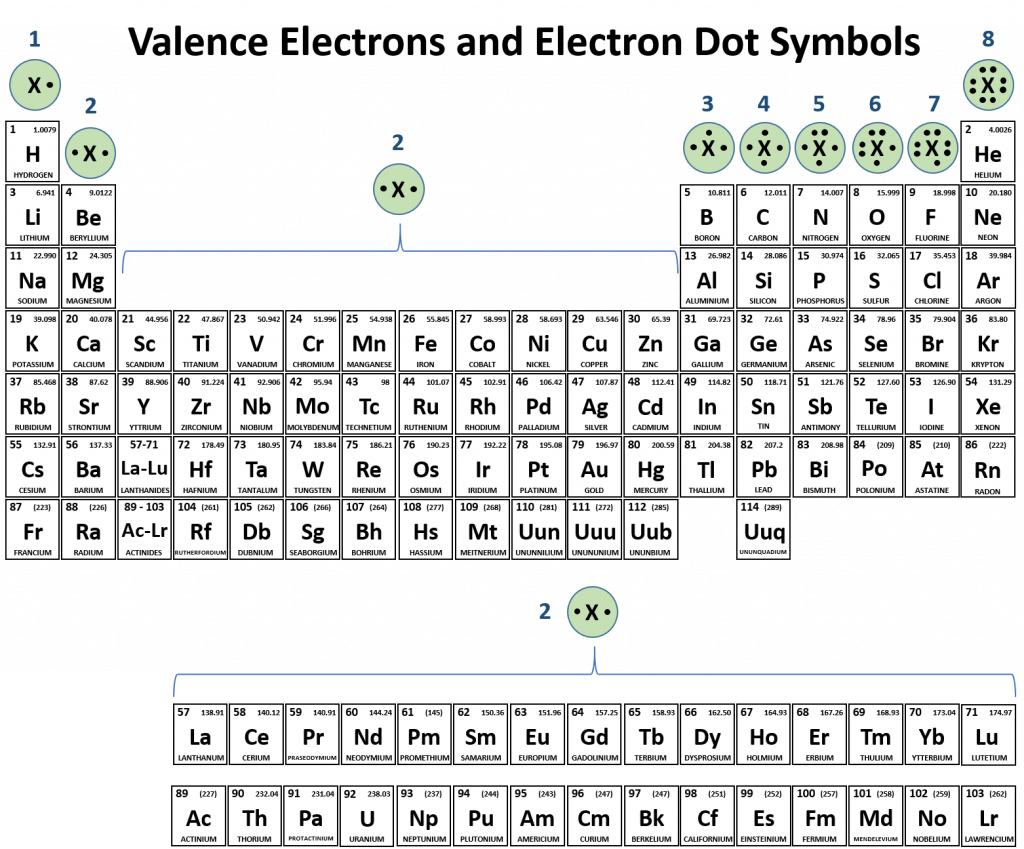Which Group Tends To Form 2+ Ions
Which Group Tends To Form 2+ Ions - Web there also exists a group of ions that contain more than one atom. Web for example, group 17 elements (one group left of the noble gases) form 1− ions; These are called polyatomic ions. Web group 1 metals, the alkali metals, have the 1 valence electron, and thus form m + ions when oxidized. Group 16 elements (two groups left) form 2−.
PPT Chapter 9 “Chemical Names and Formulas” PowerPoint Presentation ID545924
Web there also exists a group of ions that contain more than one atom. These are called polyatomic ions. Web for example, group 17 elements (one group left of the noble gases) form 1− ions; Web group 1 metals, the alkali metals, have the 1 valence electron, and thus form m + ions when oxidized. Group 16 elements (two groups.
Solved Divide the ions below into 2 group, those that tend
Web for example, group 17 elements (one group left of the noble gases) form 1− ions; Web there also exists a group of ions that contain more than one atom. Web group 1 metals, the alkali metals, have the 1 valence electron, and thus form m + ions when oxidized. These are called polyatomic ions. Group 16 elements (two groups.
SOLVEDUse the electron configuration of oxygen to explain why it tends to form a 2 ion.
Group 16 elements (two groups left) form 2−. These are called polyatomic ions. Web for example, group 17 elements (one group left of the noble gases) form 1− ions; Web there also exists a group of ions that contain more than one atom. Web group 1 metals, the alkali metals, have the 1 valence electron, and thus form m +.
Ionic Compound Nomenclature Presentation Chemistry
Group 16 elements (two groups left) form 2−. Web group 1 metals, the alkali metals, have the 1 valence electron, and thus form m + ions when oxidized. These are called polyatomic ions. Web for example, group 17 elements (one group left of the noble gases) form 1− ions; Web there also exists a group of ions that contain more.
PPT Atoms, Molecules and Ions PowerPoint Presentation, free download ID2087812
Web group 1 metals, the alkali metals, have the 1 valence electron, and thus form m + ions when oxidized. These are called polyatomic ions. Web there also exists a group of ions that contain more than one atom. Web for example, group 17 elements (one group left of the noble gases) form 1− ions; Group 16 elements (two groups.
AQA A Level Chemistry复习笔记4.2.2 Identifying Anions & Cations翰林国际教育
Web group 1 metals, the alkali metals, have the 1 valence electron, and thus form m + ions when oxidized. Web there also exists a group of ions that contain more than one atom. Group 16 elements (two groups left) form 2−. Web for example, group 17 elements (one group left of the noble gases) form 1− ions; These are.
Periodic Table PT. ppt download
Web there also exists a group of ions that contain more than one atom. Web for example, group 17 elements (one group left of the noble gases) form 1− ions; Web group 1 metals, the alkali metals, have the 1 valence electron, and thus form m + ions when oxidized. These are called polyatomic ions. Group 16 elements (two groups.
CH104 Chapter 3 Ions and Ionic Compounds Chemistry
Group 16 elements (two groups left) form 2−. Web for example, group 17 elements (one group left of the noble gases) form 1− ions; These are called polyatomic ions. Web group 1 metals, the alkali metals, have the 1 valence electron, and thus form m + ions when oxidized. Web there also exists a group of ions that contain more.
PPT Ions and Ionic Bonding PowerPoint Presentation, free download ID2962626
Group 16 elements (two groups left) form 2−. Web there also exists a group of ions that contain more than one atom. These are called polyatomic ions. Web group 1 metals, the alkali metals, have the 1 valence electron, and thus form m + ions when oxidized. Web for example, group 17 elements (one group left of the noble gases).
CH150 Chapter 3 Ions and Ionic Compounds Chemistry
These are called polyatomic ions. Web group 1 metals, the alkali metals, have the 1 valence electron, and thus form m + ions when oxidized. Group 16 elements (two groups left) form 2−. Web for example, group 17 elements (one group left of the noble gases) form 1− ions; Web there also exists a group of ions that contain more.
Web there also exists a group of ions that contain more than one atom. Web for example, group 17 elements (one group left of the noble gases) form 1− ions; Group 16 elements (two groups left) form 2−. Web group 1 metals, the alkali metals, have the 1 valence electron, and thus form m + ions when oxidized. These are called polyatomic ions.
These Are Called Polyatomic Ions.
Web there also exists a group of ions that contain more than one atom. Web group 1 metals, the alkali metals, have the 1 valence electron, and thus form m + ions when oxidized. Web for example, group 17 elements (one group left of the noble gases) form 1− ions; Group 16 elements (two groups left) form 2−.




.PNG)





